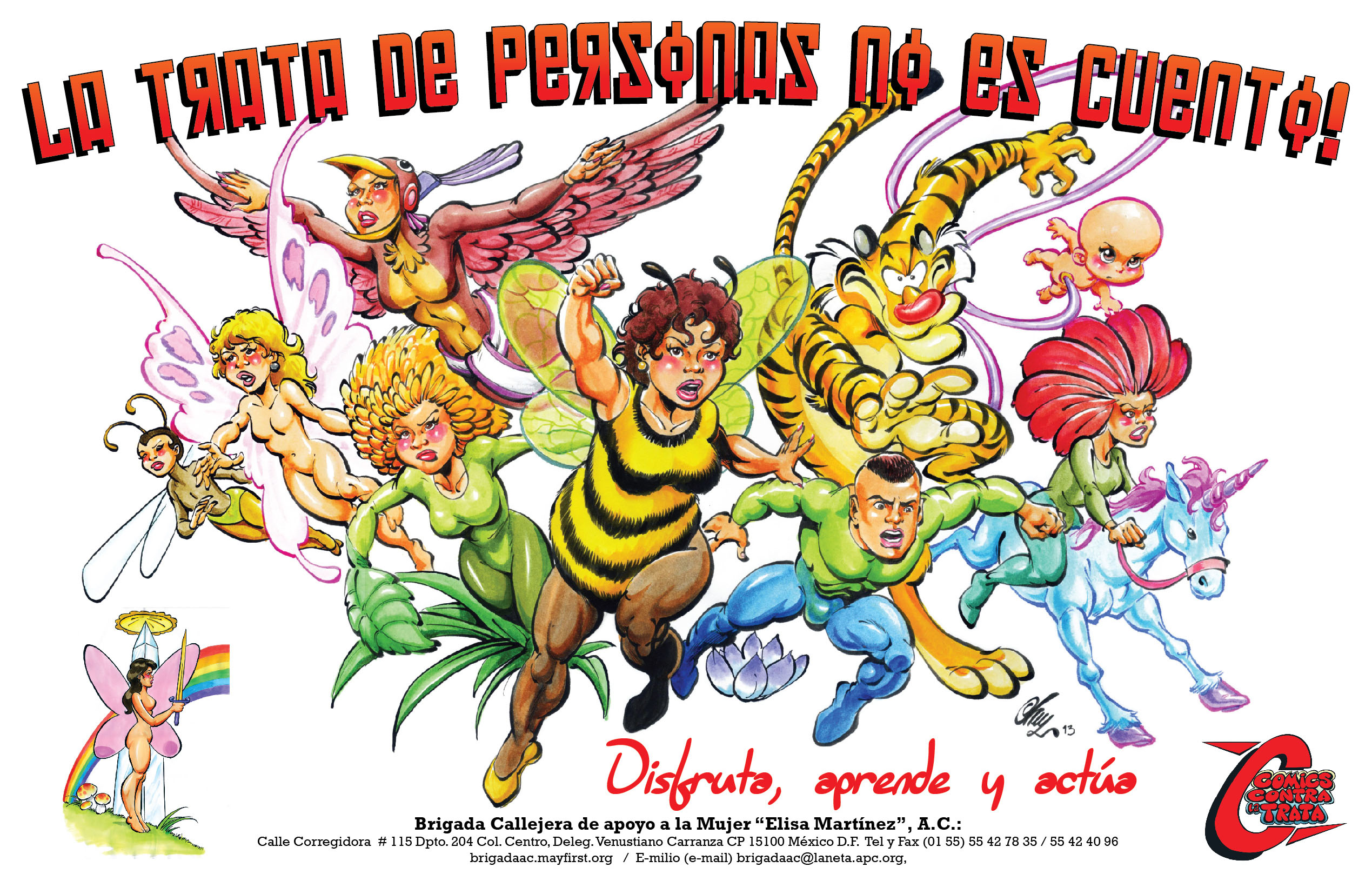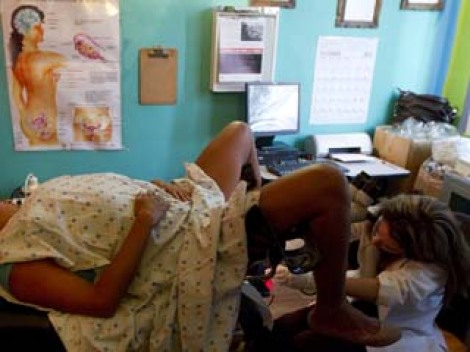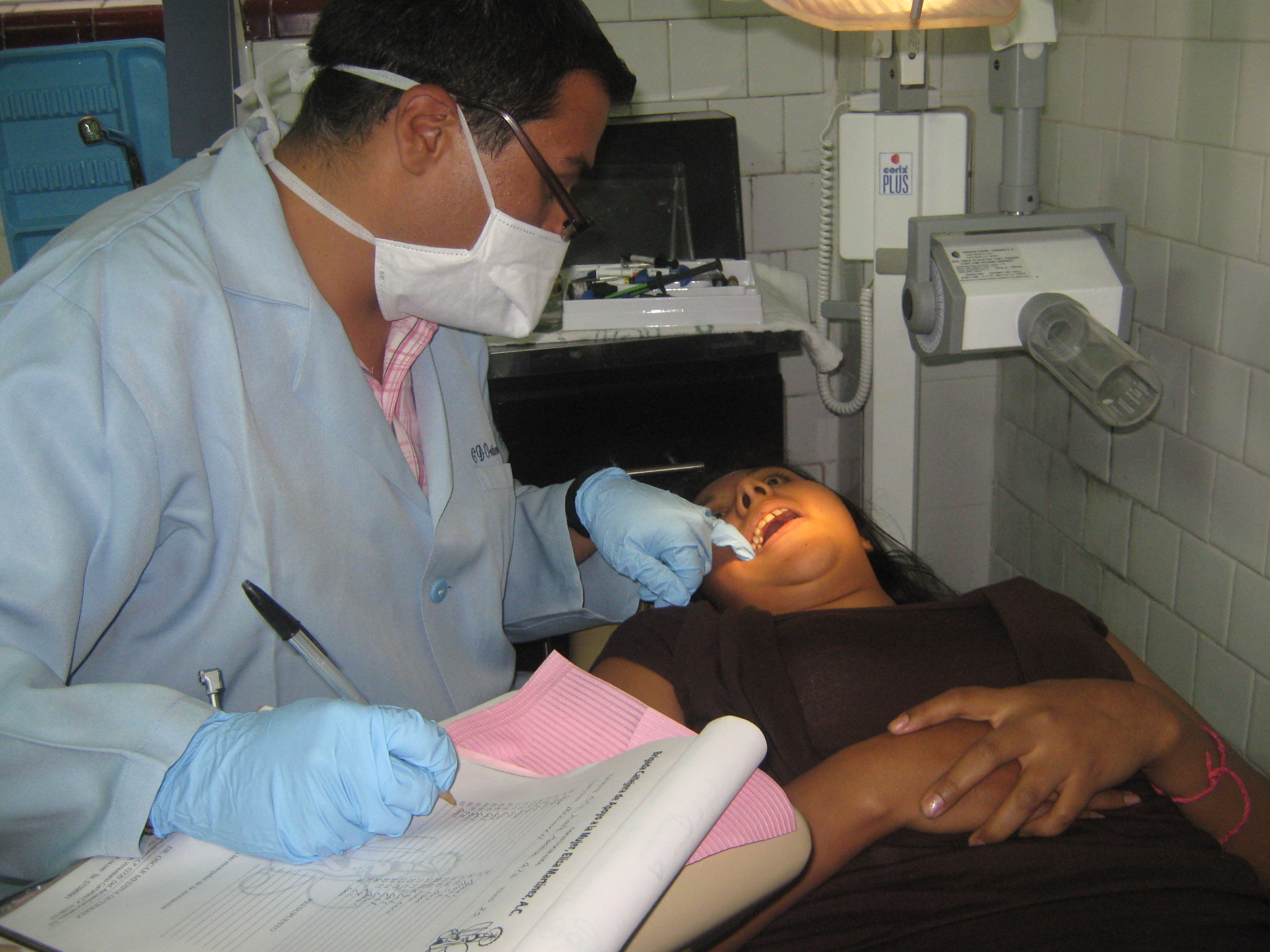Pandemic, Hunger Forces Thousands Into Sex Work In Mexico
Associated Press Television News
The coronavirus pandemic has forced thousands of women in Mexico City into sex work, including many who had left the trade behind.
But whether through exploitation or violence, their work is fraught with danger.
The economic impact of the pandemic caused many businesses to close, but the shutting of restaurants and bars, where many poorer women found work, was catastrophic.
Claudia, who like most of the sex workers asked to be identified only by her first name, had stopped working the streets a decade ago after she married one of her former clients.
But when her husband lost his job early in the pandemic, the couple fell four months behind in the rent on their apartment.
The only way out was for Claudia to go back to sex work.
"It was an income in order to eat, to pay the rent we owe," she said.
But along with veterans of the trade, there were thousands of new sex workers on the streets.
Elvira Madrid, who leads the activist group Brigada Callejera, or the Street Brigade, said her group found 15,200 sex workers on Mexico City's streets in August, about 40% more than had worked in the trade before the pandemic.
Many of them, she said, had never worked in the trade.
"They would cry because they would say, 'I don't want to do this but I must bring food for my children'," Madrid said.
Some of the new sex workers were housewives, women who sell sex for 50 pesos, a bag of groceries or whatever they needed to buy food but don't consider themselves sex workers.
As such, many don't use condoms or protect themselves.
The working conditions that have always been tough for sex workers in Mexico City - violence by clients and gangs who prey on prostitutes, and shakedowns by corrupt police - got even worse during the pandemic.
There is also the danger of being infected by COVID-19 by clients.
Sex workers try to protect themselves however they can.
Brigada Callejera has shared a booklet with cartoon images of sex positions people can use to minimize the risk of getting infected during sex, dubbed the "Coronasutra".
Mexico has never had a total lockdown but did enact shutdowns of non-essential activities that affected hotels, restaurants, bars, among other establishments, during the first spike of the pandemic in the spring.
While hotels have reopened since the partial lockdown, sex workers say hotels are now charging higher rates for rooms, which eventually impacts the amount of money prostitutes get to take home.
Madrid said that after hotels closed or raised their prices, some people started renting rooms or storefronts to sex workers.
But they quickly found they were being taped with their clients and they were being asked to pay up in exchange for not having their videos posted on the internet.
Now, Madrid says, sex workers have to take clients wherever they can, including cars or sidewalks.
Prostitution is legal in most of Mexico, but states have their own laws.
Mexico City has decriminalised sex work.
"They let them go (from their job) literally with nothing. That is why we say, 'how can the government say, 'do something else?' when they themselves are making it so several women to go back or integrate into sexual work," Madrid said.
https://www.republicworld.com/world-news/europe/pandemic-hunger-forces-t...
- Inicie sesión o regístrese para comentar









